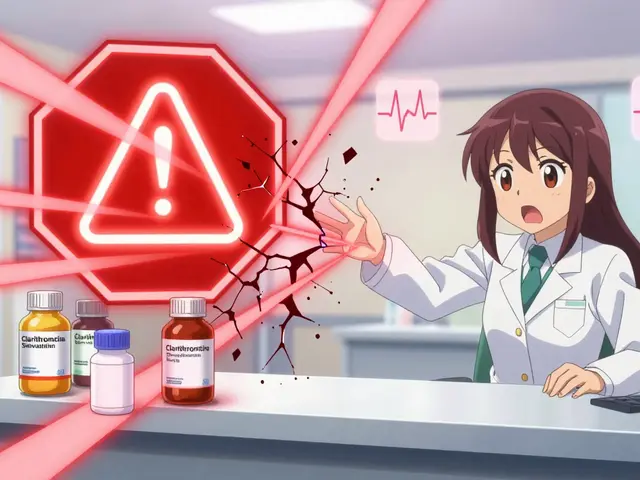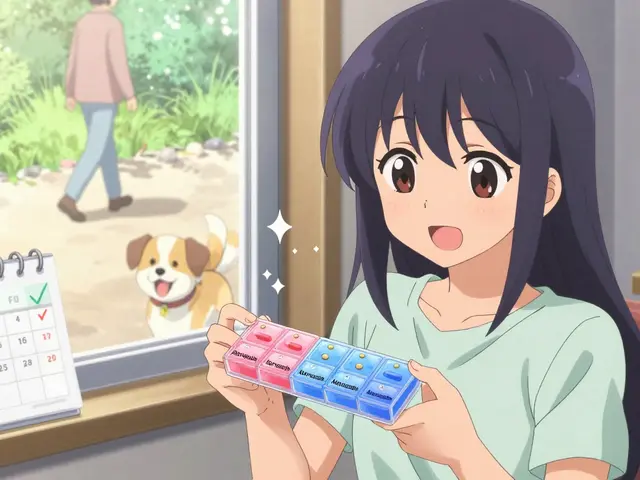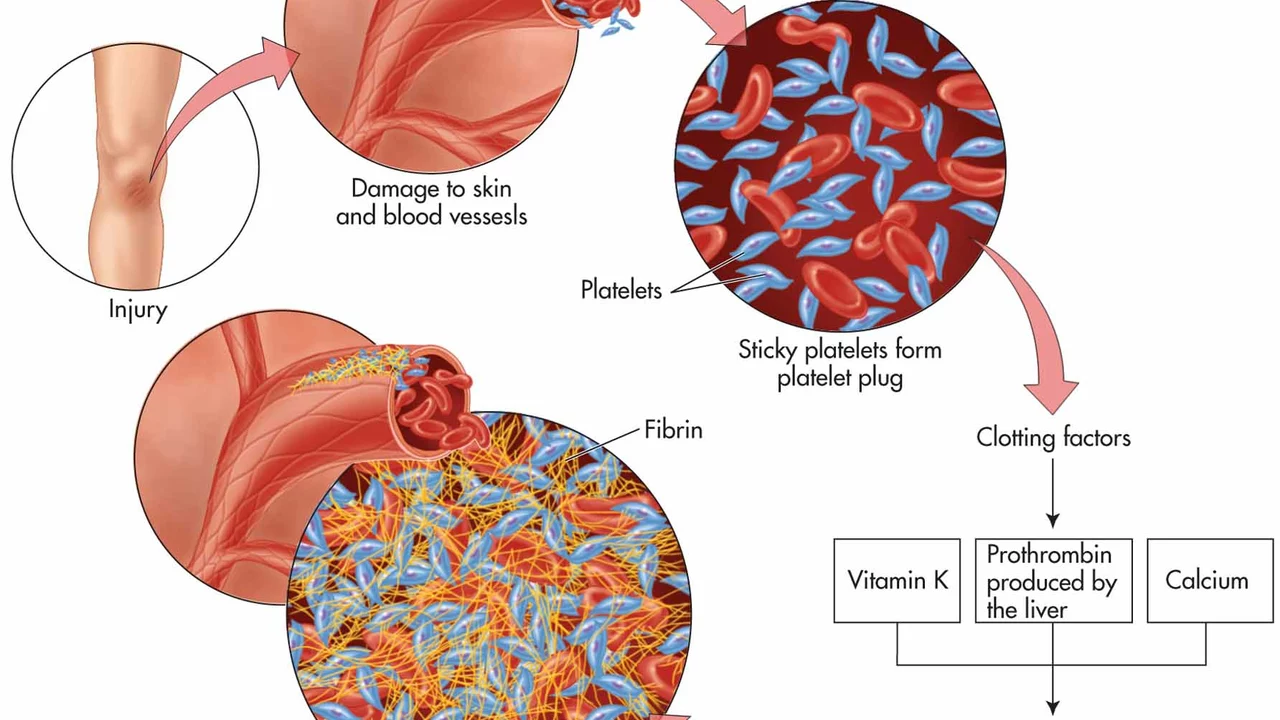Coping strategies for living with medications and chronic symptoms
Sick of side effects, brain fog, or the constant worry about drug interactions? Coping doesn’t mean accepting poor quality of life. It means small, useful changes that make daily life easier while you and your doctor find the right treatment.
Start by tracking. Write down symptoms, timing, meals, sleep, and which pills you took. That log helps you spot patterns—does nausea show up after breakfast or only when you mix meds? A clear record makes conversations with your clinician useful instead of vague.
Make a simple medication plan. Use a pillbox, set alarms on your phone, and keep a printed checklist on the fridge or bathroom mirror. Tie pill times to daily habits—after brushing teeth, before coffee—so doses become automatic. If you miss a dose, check the leaflet or call your pharmacist; guessing can cause harm.
Handle side effects without panic
Not every side effect needs a drastic change. First, judge severity: mild drowsiness often eases in a week or two; severe rashes, breathing problems, fainting, or chest pain need urgent care. For common issues—nausea, constipation, insomnia—try simple fixes: take meds with food (if safe), boost fiber and water, and cut late caffeine. Ask your prescriber about dose changes or alternative meds if side effects persist.
Practical daily tools to reduce stress and boost resilience
Sleep, movement, and routine are underrated. Aim for consistent bedtimes, gentle daily activity like walking or stretching, and short relaxation breaks. Try a 4-4-4 breathing pattern—inhale 4 seconds, hold 4, exhale 4—for quick calm during panic or cravings. Keep an emergency kit with your current med list, allergies, and contact info in your wallet and a digital copy on your phone.
Build a support network. Tell a trusted friend or family member what to watch for—changes in mood, thinking problems, or suicidal thoughts—so someone can step in if needed. Consider joining a condition-specific support group online; people with lived experience often share practical tips for handling side effects and finding reliable pharmacies.
Watch for interactions and avoid guesswork. Many over-the-counter remedies, herbal supplements, and alcohol can change how a drug works. Before adding anything new, check with your pharmacist or use a reliable interaction checker online. Keep one printed list of meds and dosages and update it after every prescription change; that helps ER staff and new doctors avoid dangerous mixes.
Save money and avoid bad pharmacies. If cost is a worry, ask your prescriber about generics, samples, or patient assistance programs. Use licensed pharmacies that show clear contact details and let you talk to a pharmacist. If you buy online, avoid sites that sell prescription drugs without requiring a prescription.
Communicate clearly with healthcare professionals. Bring your symptom log, a list of all meds (including supplements), and recent lab results when possible. Ask direct questions: “Is this side effect expected?” “Can this interact with my other meds?” “What should I do right now if it happens again?” Simple questions get useful answers.
When a medication isn’t working, don’t stop suddenly. Tell your clinician what you notice and ask about tapering plans, alternate drugs, or extra supports like physical therapy or cognitive behavioral therapy for pain and mood. Small, practical changes often make daily life better while your care team adjusts treatment.
Know when to seek help. Worsening breathing, severe allergic reactions, fainting, new suicidal thoughts, or sudden chest pain need immediate medical attention. For most other problems, a clear plan, basic daily routines, and good communication with your care team will improve how you feel and function.
Living with Mycosis Fungoides: How It Affects Your Emotions
Explore how Mycosis Fungoides affects emotions, common mental health challenges, coping strategies, and when to seek professional help for a better quality of life.
Coping with a Duchenne Muscular Dystrophy Diagnosis: Tips for Parents
Learning that your child has Duchenne Muscular Dystrophy can be overwhelming and emotionally draining. But remember, you're not alone. There are strategies, resources, and support networks that can help you navigate this challenging journey. It's important to educate yourself about the condition, seek professional help, and focus on providing a supportive and loving environment for your child. Dealing with this diagnosis is tough, but with resilience, hope, and love, it's possible to manage and live a fulfilling life.
The psychological impact of blood clots in stents: coping strategies and support
Dealing with blood clots in stents can take a toll on a person's mental health, leading to stress, anxiety, and even depression. The fear of complications, recurring health issues or undergoing surgery can be overwhelming. However, coping strategies like mindfulness, routine exercise, and maintaining a healthy diet can greatly help manage these concerns. Support from therapists, support groups, or loved ones is crucial in overcoming these psychological hurdles. It's important to remember that it's okay to seek help and take care of your mental health, as it plays a vital role in your overall well-being.
About
Health and Wellness, Mental Health
Latest Posts


Alternate-Day Statin Dosing: Can It Lower LDL Without Side Effects?
By Marcel Kornblum Jan 20, 2026

Actigall (Ursodiol) vs Alternatives: What Works Best for Gallstones and Liver Issues
By Marcel Kornblum Dec 1, 2025

How Regular Prophylaxis Appointments Can Save You Money on Dental Care
By Marcel Kornblum Apr 29, 2023



